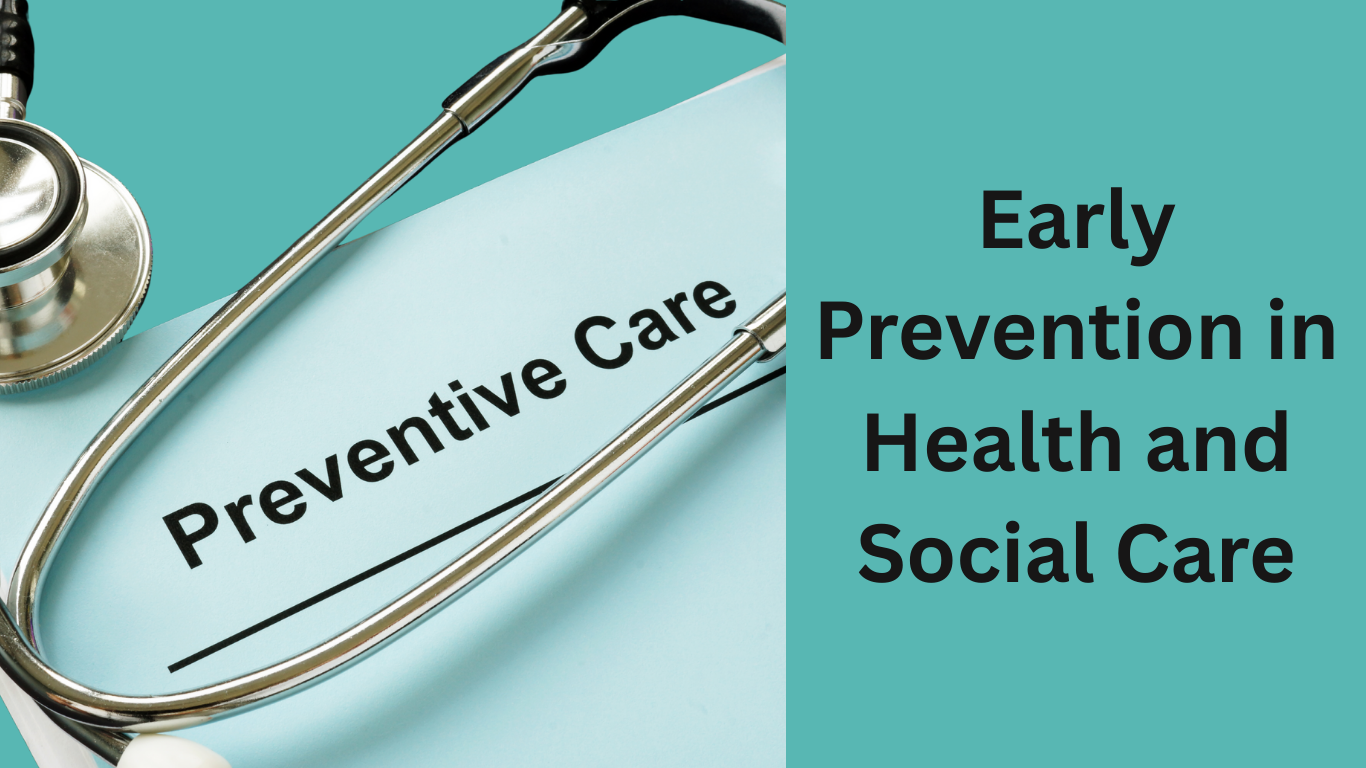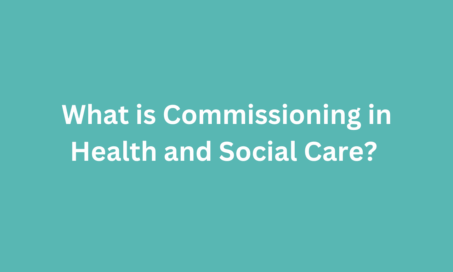
Published in Social Care on 05/09/2025
A Critical Step Forward in Efficiency
What is Early Prevention?
Early prevention in health and social care refers to the routine care necessary to upkeep your heath and prevent any issues from becoming a problem. This includes prevention of serious diseases and prevention of long-term conditions from becoming serious. A significant aspect of this is diagnosis of conditions before they become problematic.
Preventative care is very important to securing a sustainable health and social care sector in the UK. Having thorough preventative care services in place ensures that illnesses are prevented or detected at earlier stages. Early stages of conditions can be treated with less strain on the sector and can prevent reduction of quality of life for patients.
Examples of preventative care include:
- Vaccinations. (e.g. The MMR Vaccine.)
- Screenings. (e.g. Breast Cancer Screenings.)
- Health Checks. (e.g. Check-ups to check for diabetes and heart disease in 40+ adults).
- Lifestyle advice. (e.g. healthy eating, physical activity, mental health services.)
- Maternal & Child Services. (e.g. immunisations, prenatal checks.)
What Are the Benefits & Challenges?
Preventative care has the benefit for providers of helping to set a progressive path for healthcare that optimises patient care, helps to reduce needs intensity and enables social care staff to further optimise time with patients in a goal-oriented manner.
There are challenges that implementing preventative care measures as a priority is faces. This includes that there are funding constraints. Similarly, the engagement and awareness of the British public is also essential and is a challenge. People need to be aware of the preventative care practices that can be done on a medical and individual level.
Preventative Care Innovation – Social Care in The Future
There is much innovation in preventative care, and the use of outreach and educational programmes to keep the British public aware and informed of preventative care approaches is being utilised. Innovation such as telehealth, telemedicine, and mobile health apps improve service accessibility for the general population as well.
Improving our preventative care services could help in reducing the strain on social care staff. If conditions are intervened with early and treated quickly, fewer people may end up with needs that require intensive social care, or needs may be easier to communicate from medical services to providers and social care workers. This could optimise individual-level goal setting and health improvements.
A Needs-Based Approach to Social Care
On top of the influence that preventative primary care can have on the social care sector, the social care sector can also practice preventative care. By focusing on a needs-first basis and using goal setting to promote independence and prevent the intensity of needs exacerbating, social care can adopt a preventative strategy to ensure individuals are less likely to end up requiring more intensive care.
While not necessarily achievable in all cases, a need-based preventative approach could result in independence for individuals. This could then result in them gaining a better quality of life, or perhaps an end goal of obtaining some independence.
Preventative care is on the forefront of reforming our health and social care sector in the UK. With optimised approaches and cross sector collaboration health care services and social care services can benefit alongside the UK population from a new approach focused on early detection and goal setting in prevention.
CareCubed is a benchmarking tool to help communicate needs and funding between Local Authorities, ICB’s, and Providers. Get in touch with us to find out more about CareCubed, and book a demo to get started with transforming your benchmarking strategies.







